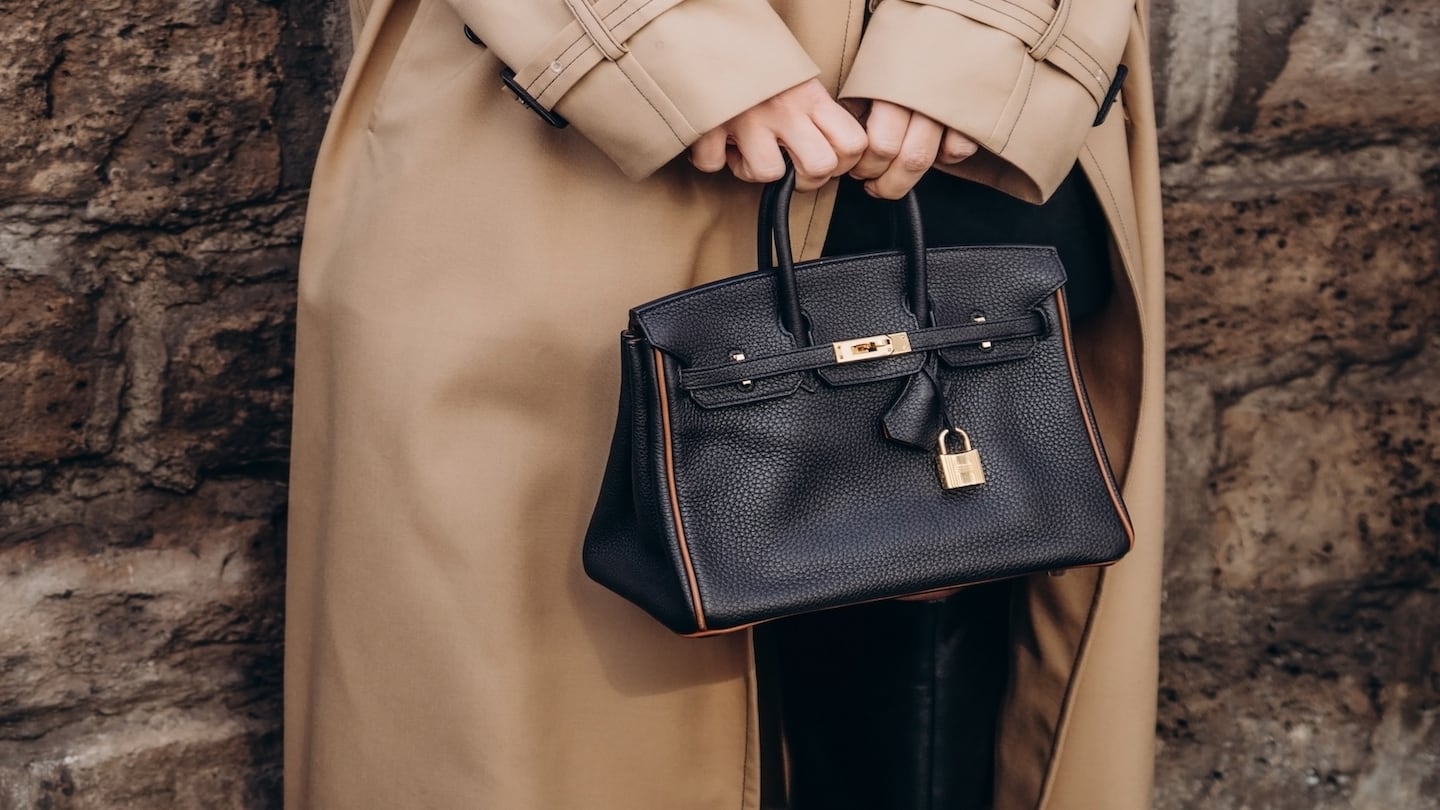
The Business of Fashion
Agenda-setting intelligence, analysis and advice for the global fashion community.

Agenda-setting intelligence, analysis and advice for the global fashion community.

Hermès is being accused of unlawful “tying” in a class action lawsuit in the US.
Two California shoppers allege they were required to buy ancillary products from other categories (such as the brand’s apparel, scarves and homeware) before being allowed to purchase the Paris-based brand’s sought-after Birkin handbags.
Counsel for the plaintiffs claim that Hermès is in violation of US antitrust regulations, which define certain practices of bundling goods or tying them to other purchases as an abuse of market power.
“The tying product, the Birkin Handbags, is separate and distinct from the tied products, the ancillary products required to be purchased by consumers,” the complaint reads. “Plaintiffs have alternative options for the ancillary products and would prefer to choose among them independently from their decision to purchase Birkin handbags.”
ADVERTISEMENT
The complaint points to the company’s commission structure for sales associates as evidence of the alleged scheme: store staff do not receive a commission on Birkin handbags, and as such are compensated based on how effectively they push other styles or categories, according to the complaint.
On handbag blogs and social media, Hermès buyers have reported for years that as the company (and demand for its iconic bags) has grown, sales associates have become increasingly strict about only offering Birkins and Kellys to clients who buy heavily across other categories.Hermès denies the practice: “Hermès strictly prohibits any sales of certain products as a condition to the purchase of others,” the brand told BoF last year. CEO Axel Dumas has acknowledged, however, that stores are encouraged to vet buyers and attribute the sold-out bags only to “real” clients as the company seeks to thwart an explosion of resale activity for its products.
Hermès isn’t the only brand that has been linked to such practices. Dealers of watchmaker Rolex have been accused of requiring shoppers to buy from sister brand Tudor before being allowed to buy Rolex products.
Learn more:
Case Study | Inside Hermès’ Best-in-Class Leather Goods Strategy
How a unique approach to supply chain, design, communications and retail has powered blockbuster demand for iconic bags like the Birkin and Kelly, enabling the French leather goods house to face down rivals and become a global megabrand with a market capitalisation greater than Nike’s.
The designer has always been an arch perfectionist, a quality that has been central to his success but which clashes with the demands on creative directors today, writes Imran Amed.
This week, Prada and Miu Miu reported strong sales as LVMH slowed and Kering retreated sharply. In fashion’s so-called “quiet luxury” moment, consumers may care less about whether products have logos and more about what those logos stand for.
The luxury goods maker is seeking pricing harmonisation across the globe, and adjusts prices in different markets to ensure that the company is”fair to all [its] clients everywhere,” CEO Leena Nair said.
Hermes saw Chinese buyers snap up its luxury products as the Kelly bag maker showed its resilience amid a broader slowdown in demand for the sector.